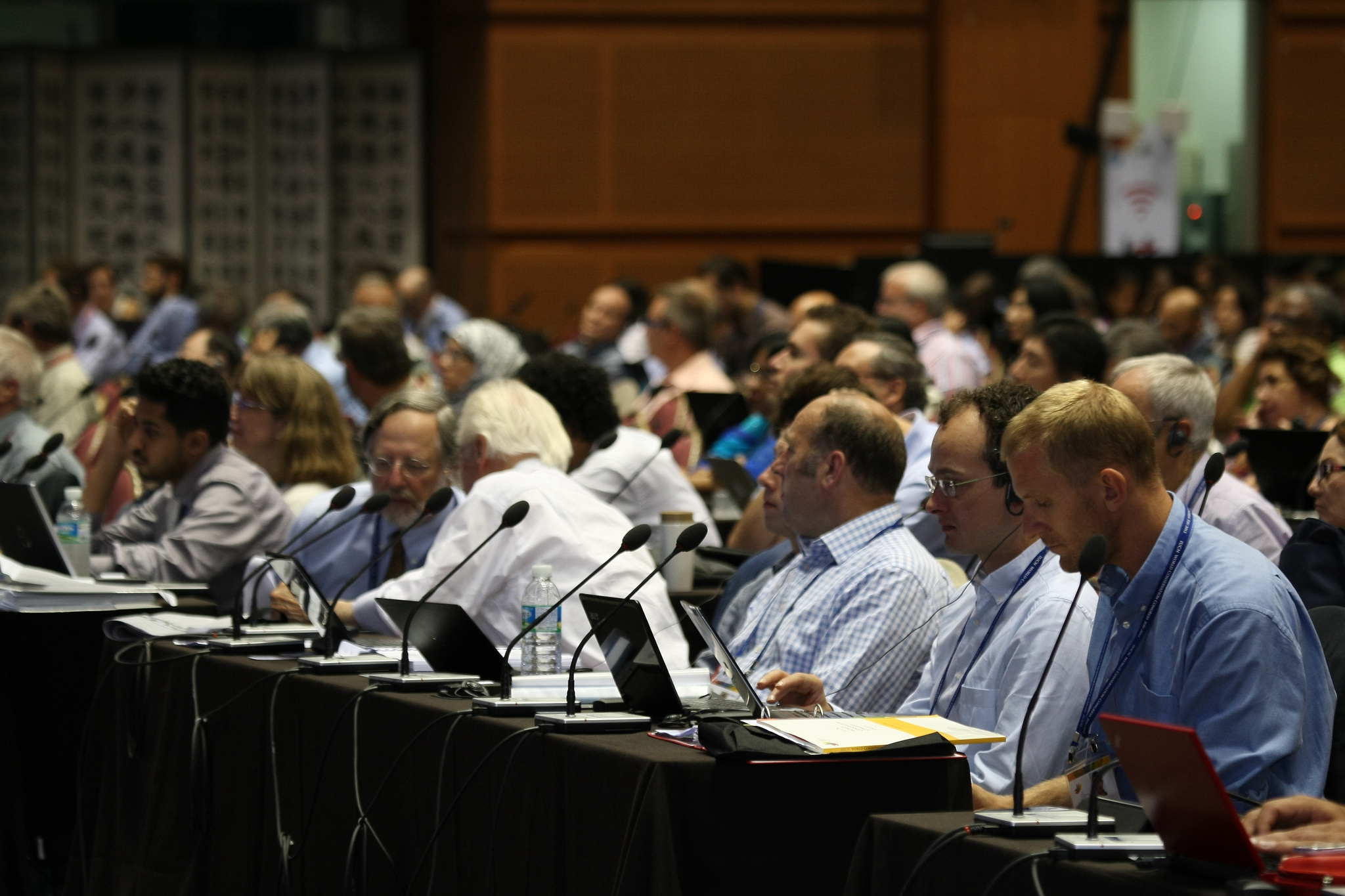An article by Ginevra Gatti
The ocean is a crucial source of nutrition, employment, profits, trade and international relations for the global world. Among the natural resources that climate change is affecting, also the sea and fisheries are hit. In fact, oceans have already absorbed 93% of climate change heat generated by man’s action, leading to changes in the aquatic ecosystem and, specifically, to geographic shifts of marine animal species.
An article which appeared recently on Science investigates how significant variations in species shifts may cause important challenges to the global system of fish industry and lead to potential international conflicts.
According to the study, fish and other animals have already been moving into new territories at an average rate of 70 km per decade, and they are expected to continue or accelerate in the future. However, fisheries at local, national, regional and international level are not sufficiently prepared for the climate change-related geographic shifts in marine animals which will occur over the coming years.
Such phenomena must, however, be urgently addressed since they may lead to illegal and unsustainable practices, such as the unregulated exploitation of fish stocks in absence of specific norms and supervision, and the regional overharvesting resulting from the actors’ rush to take advantage of a perceived disappearing resource. All this might lead to international disputes on fish stocks and further food security concerns.
The extent to which future shifts in species distributions will generate newly shared fish stocks and increase the potential for conflict, is hard to assess. For this reason, researchers have analyzed the possible future shifts of 892 commercially important marine fish and invertebrates in 261 world Exclusive Economic Zones (EEZs) to show potential challenges and fields of action, rather than making precise forecasts.
They found that many of the world’s EEZs are likely to receive one to five new, climate-driven transboundary stocks by the end of the century, and that up to 10 of them will appear in some EEZs in east Asia, where maritime relations are already complicated due to disputed territories.
As far as the legal framework for the international regulation of fisheries is concerned, the researchers highlight that efficient provisions exist but that they do not directly take into account the impacts of changes in species distributions. For instance, the UN Fish Stocks Agreement (UNFSA) entered into force in 2001, specifically applies to straddling and highly migratory stocks, but it does not consider stocks that shift to occupy territories different from those they have inhabited historically. Moreover, they report that regional fisheries management organizations (RFMOs) remain the main coordinators of fish stocks that straddle multiple EEZs, and that little to no cooperation among themselves, other regional institutions and global provisions has been reached so far. The researchers conclude that fish stocks in large parts of the global oceans are weakly managed and that adjustment to existing ocean governance will be needed.
In this sense, some suggestions that they mention in the article include planning in advance possible measures and agreements of cooperative management among governing authorities; sharing data on species shifts and related information, which will be needed to design the strategies to implement; and, finally, negotiating and cooperating not just on data and shared fish stocks, but also at juridical and political level, in order to promote more adaptable fisheries and adequate regulations.
Since climate-driven shifts in marine species distributions are and will continue to be a reality affecting states and people in all regions of the world, a widespread attitude of cooperation at international level is the only solution to avoid illegal and detrimental fishing practices, declining fisheries resources, precarious international relationships, and political conflicts both regarding the fish industry and other areas of global politics.
Preparing ocean governance for species on the move – the full paper (pdf)





